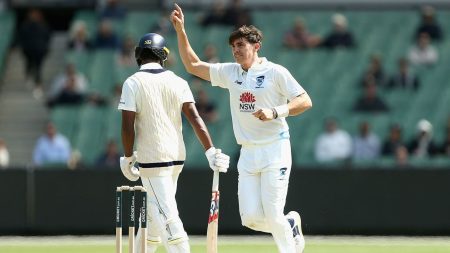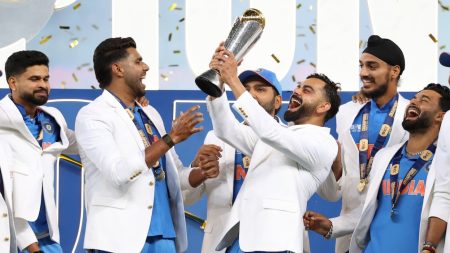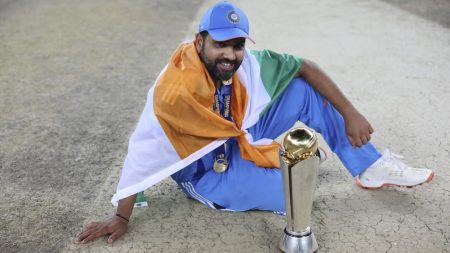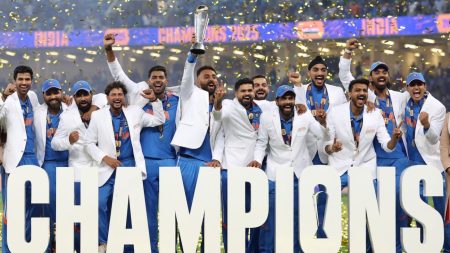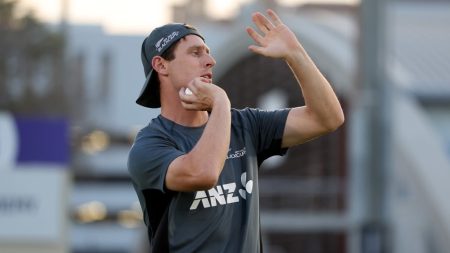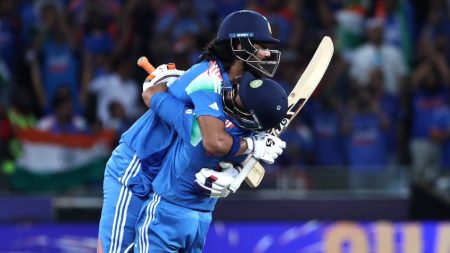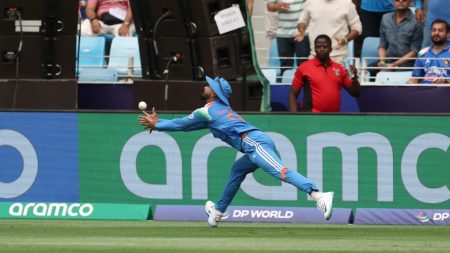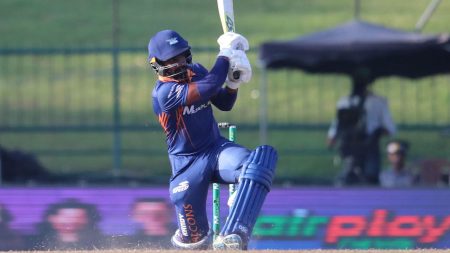An Injury专卖店 Clouds the Champions Trophy Final
Matt Henry, New Zealand’s star fast bowler, has been ruled out of the Champions Trophy final against India due to a shoulder injury sustained during the semi-final against South Africa on March 5 in Lahore. The injury occurred while Henry took a spectacular catch to dismiss Heinrich Klaasen, a moment that showcased his commitment but also highlighted the physical toll of high-stakes cricket. Despite the team’s hopes and Henry’s own efforts to recover, the decision to sit him out of the final was made to ensure he doesn’t aggravate his injury further. Nathan Smith, an allrounder, was brought in as his replacement, adding a versatile dimension to New Zealand’s squad.
The Coach’s Caution
Gary Stead, New Zealand’s head coach, had been cautiously optimistic about Henry’s availability for the final. On Friday, he revealed, "We’ve had some scans and stuff done on him, and we’re going to give him every chance to be playing in this match. [But it’s] still a little bit unknown at this stage." Stead’s remarks indicated the team’s willingness to support Henry’s recovery but also acknowledged the uncertainty surrounding his condition. The scans provided crucial insights, but the coaching staff opted for a conservative approach, prioritizing long-term health over the immediate challenge of the final.
Training and Hope
Henry made a concerted effort to participate in New Zealand’s training sessions on the eve of the final, even managing to bowl and field. His presence during these sessions lifted the team’s spirits, as his determination to contribute was evident. However, despite this, the team decided not to risk his shoulder in such a crucial match. While captain Mitchell Santner kept his options open until the toss, the collective decision was to prioritize Henry’s well-being and ensure he is fit for future engagements. This cautious approach underscores the team’s commitment to their players’ long-term health and performance.
A Strategic Decision
New Zealand’s choice to field Nathan Smith as Henry’s replacement was a strategic one, reflecting the team’s focus on maintaining balance in their lineup. Smith, who had played in the tournament opener against Pakistan in Karachi, brings a unique blend of batting and bowling skills. Although he didn’t get a chance to bat and picked up only one wicket in two overs in that match, his experience and potential were deemed valuable. The decision to select an allrounder over a fast bowler, like Jacob Duffy, highlights the team’s adaptability and their readiness to face India’s formidable batting lineup from multiple angles.
Henry’s Impact
Henry’s absence is a significant blow to New Zealand’s bowling attack, especially given his outstanding performance throughout the tournament. He topped the wicket-takers’ list with ten strikes leading up to the final, cementing his status as a key player. Notably, Henry’s five-wicket haul in the group stage match against India, which New Zealand lost, played a crucial role in their path to the final. That match, played in Dubai, was a test of Henry’s mettle, and his performance against the same opponents in the final was highly anticipated. His absence will leave a void, but the team remains resilient and focused on their goal.
A Team’s Resilience
Despite the setback, New Zealand’s squad is determined to put up a strong fight against India. Smith’s inclusion adds depth and flexibility, allowing the team to explore different strategies. The team’s journey to the final, marked by consistent performances and strategic adjustments, has prepared them for the challenges ahead. As they step onto the field, the players will draw inspiration from Henry’s dedication and the collective spirit that has propelled them to this point. The final promises to be a closely contested match, and New Zealand will aim to honor Henry’s efforts by putting in their best performance yet.


